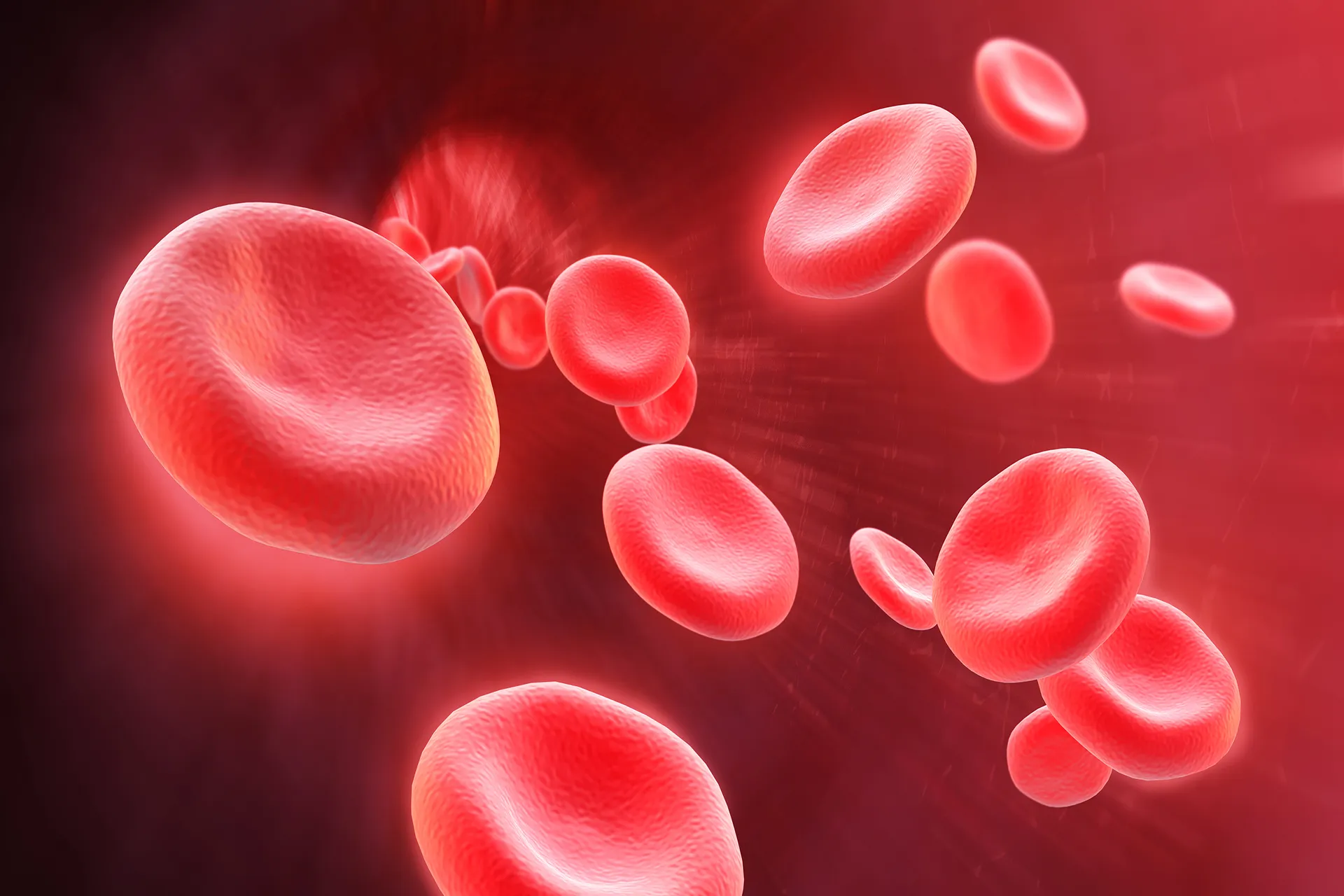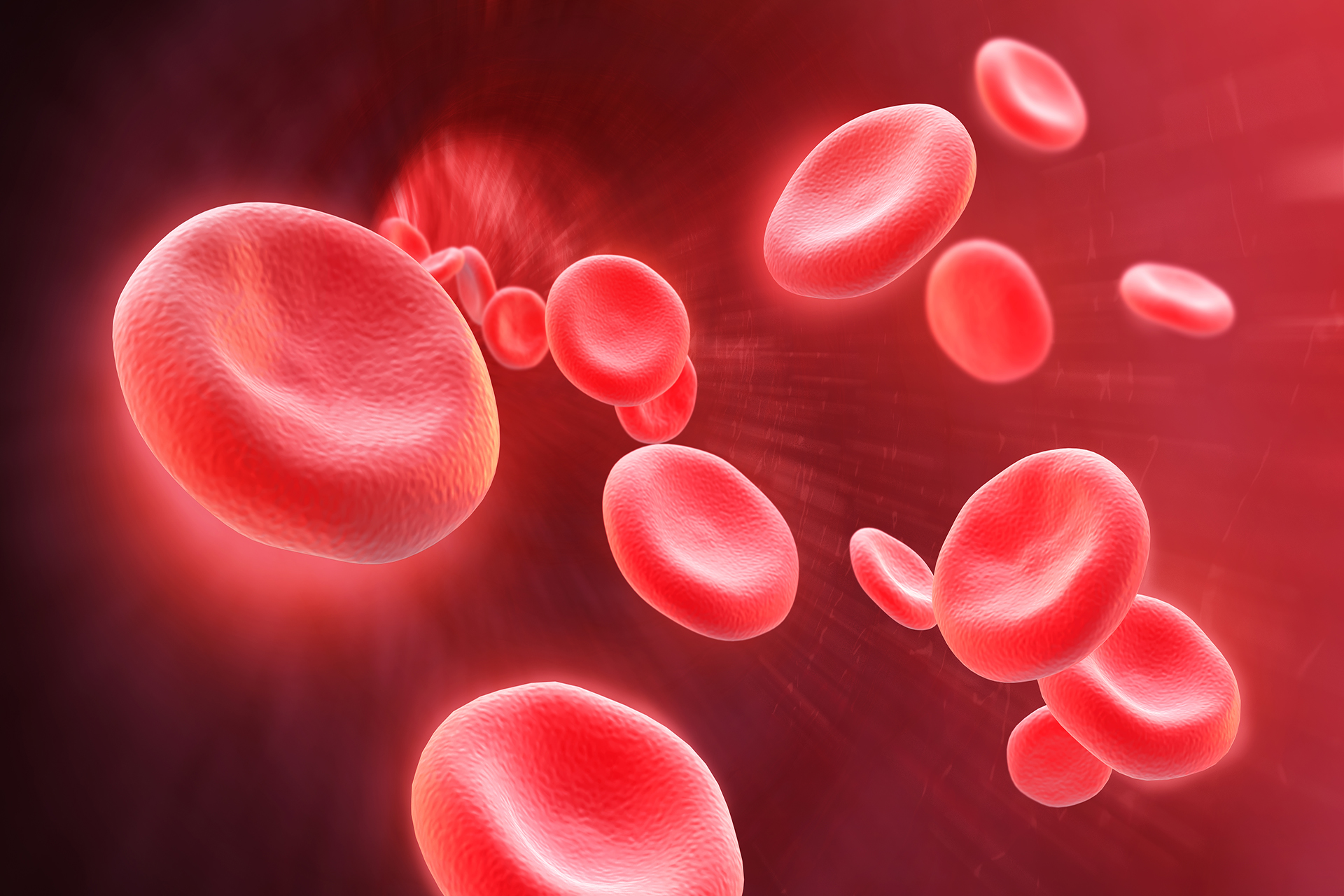Cholesterol | 5 min read
Cholesterol Myths and Facts That You Must be Aware Of
Medically reviewed by
Table of Content
Key Takeaways
- When LDL cholesterol is present in excess it can cause serious health problems
- Cholesterol affects both men and women equally
- Cholesterol can be controlled to a great extent through lifestyle changes
Broadly, cholesterol is of two types: LDL cholesterol and HDL cholesterol. The former is known as bad cholesterol as it goes straight to your arteries. When present in large quantities, it forms deposits on arterial walls, constricting them. These deposits can also morph into clots, causing serious medical events such as strokes or heart attacks. HDL cholesterol, on the other hand, is referred to as good cholesterol because it aims to clean up after LDL cholesterol. It carries LDL cholesterol to the liver, from where it can be disposed from the body. High levels of HDL cholesterol also translate into lower risk of heart disease. As this illness can trigger other problems as well, it is important that you familiarise yourself with cholesterol myths and facts. Keep reading to find out the truth behind common cholesterol myths and how best to manage this condition.
Cholesterol myths and facts you should be aware of:-
Myth: Your body doesn’t need cholesterol
Contrary to popular belief, cholesterol is actually required by your body for various processes. This waxy substance is a lipid that is indispensable for functions such as cell membrane formation, vitamin D production, digestion and even hormone production.
It is important to know that the cholesterol that your body needs for these functions is generated within the body itself. When you supplement it with food that boosts LDL cholesterol levels<span data-contrast="auto">, such as high-fat dairy products or processed foods rich in trans fats, it poses a threat to your health.
Additional Read: Check Low Cholesterol Diet PlanMyth: Cholesterol has physical symptoms that accompany it
Unfortunately, this isn’t the case as cholesterol is one of those conditions that isn’t accompanied by a litany of symptoms. Cholesterol only shows up physically once the levels in your body are extremely high, in the form of a heart attack, stroke, gangrene or a kidney dysfunction. Only in a handful of cases are yellowish cholesterol pockets visible on the skin.
As cholesterol is a silent killer, the only way to catch it is to test levels regularly, especially if immediate family members suffer from it. A simple blood test will show you your LDL cholesterol levels, HDL cholesterol, triglycerides, total cholesterol and more. You will be able to view what is the LDL cholesterol normal range and the report will also specify something along the lines of ‘LDL cholesterol high’ should your levels exceed the range.
Myth: Cholesterol doesn’t affect women
One of the most common cholesterol myths is that it doesn't women. But the fact is that cholesterol affects both men and women equally. In fact, certain conditions that are exclusive to women, such as pregnancy, menopause or premature menopause, breastfeeding and hormonal changes can negatively impact cholesterol levels.

Cholesterol Myths: Only middle-aged people need to worry about cholesterol
Age has little to do with cholesterol. Once you cross the age of 20 years, you must check your cholesterol levels every few years. In fact, if you have a child under the age of 20 years, it is a good idea to get their cholesterol levels checked once every 4–5 years should there be a family history of early heart disease.
Additional Read: Lifestyle tips to maintain a healthy heartAlso, if a child has one or both parents with a high cholesterol problem, it’s possible that he/she inherits cholesterol through a condition known as familial hypercholesterolemia (FH). Early and regular screening can bring this to light and prevent heart attacks and strokes—outcomes that such children are at a high risk of facing.
Cholesterol Myths: Ideal cholesterol levels are same for everyone
Typically, LDL cholesterol levels should be less than 100mg/dL. A score falling within the LDL cholesterol range of 100–129 is considered to be normal, while a score of 130–159 is borderline high. Should your score be 160 or more, your report is likely to state ‘LDL cholesterol high’.
Remember that this is a standard, but what is ideal cholesterol for one person may not be ideal for another. For instance, if you have suffered from a heart attack or stroke, your ideal cholesterol levels will be different from someone who hasn’t. Similarly, if in addition to having high cholesterol you are also overweight and a chain smoker, the risk of complications increases manifold. Based on these parameters, your doctor will determine what your ideal cholesterol levels should be.
Myth: Cholesterol can only be controlled via medicine
On the contrary, doctors recommend making lifestyle changes to control high LDL cholesterol levels as far as possible. These measures also help prevent the incidence of high cholesterol in the first place, so it’s important to know what they are.
How to maintain cholesterol levels naturally
- Eat a diet rich in fresh fruits, vegetables, nuts, lean meats and low-fat dairy products. Focus on eating soluble fibres and foods such as avocados that lower LDL cholesterol and boost HDL, particularly if you’re overweight.
- Exercising regularly increases HDL levels, making it an excellent addition to your routine. If you’re obese, exercising 30 minutes a day for 5 days a week is a must. This is because obesity, coupled with high cholesterol, puts you at a greater risk of suffering from complications.
- Smoking damages your arterial walls and makes it easier for cholesterol to stick to it and form plaque. So, quit smoking at once to lower your risk of suffering from cholesterol and its associated complications.
- Yoga is a low-impact form of exercise with high pay off. Try poses like shalabasana and malasana to encourage better liver function.
As heart attacks and strokes, complications caused by high cholesterol, cause irreversible damage, it’s best to consult with a doctor regularly to check your cholesterol levels. Find a doctor who is ideal for your needs on Bajaj Finserv Health. Book a video or physical consult and also enjoy offers and discounts from empanelled hospitals.
References
- https://www.ncbi.nlm.nih.gov/pmc/articles/PMC3125015/
- https://www.ncbi.nlm.nih.gov/pmc/articles/PMC4330060/
Disclaimer
Please note that this article is solely meant for informational purposes and Bajaj Finserv Health Limited (“BFHL”) does not shoulder any responsibility of the views/advice/information expressed/given by the writer/reviewer/originator. This article should not be considered as a substitute for any medical advice, diagnosis or treatment. Always consult with your trusted physician/qualified healthcare professional to evaluate your medical condition. The above article has been reviewed by a qualified doctor and BFHL is not responsible for any damages for any information or services provided by any third party.
